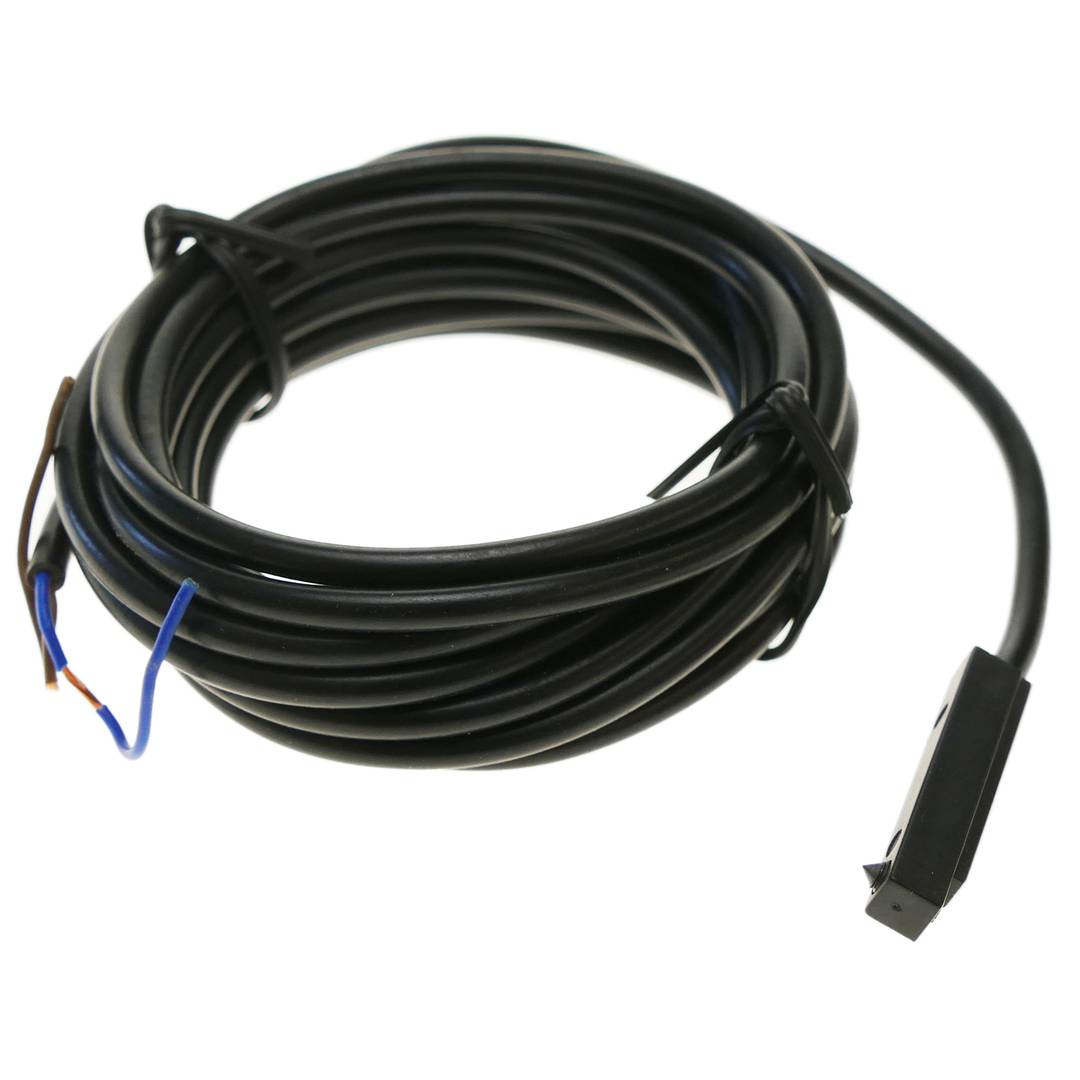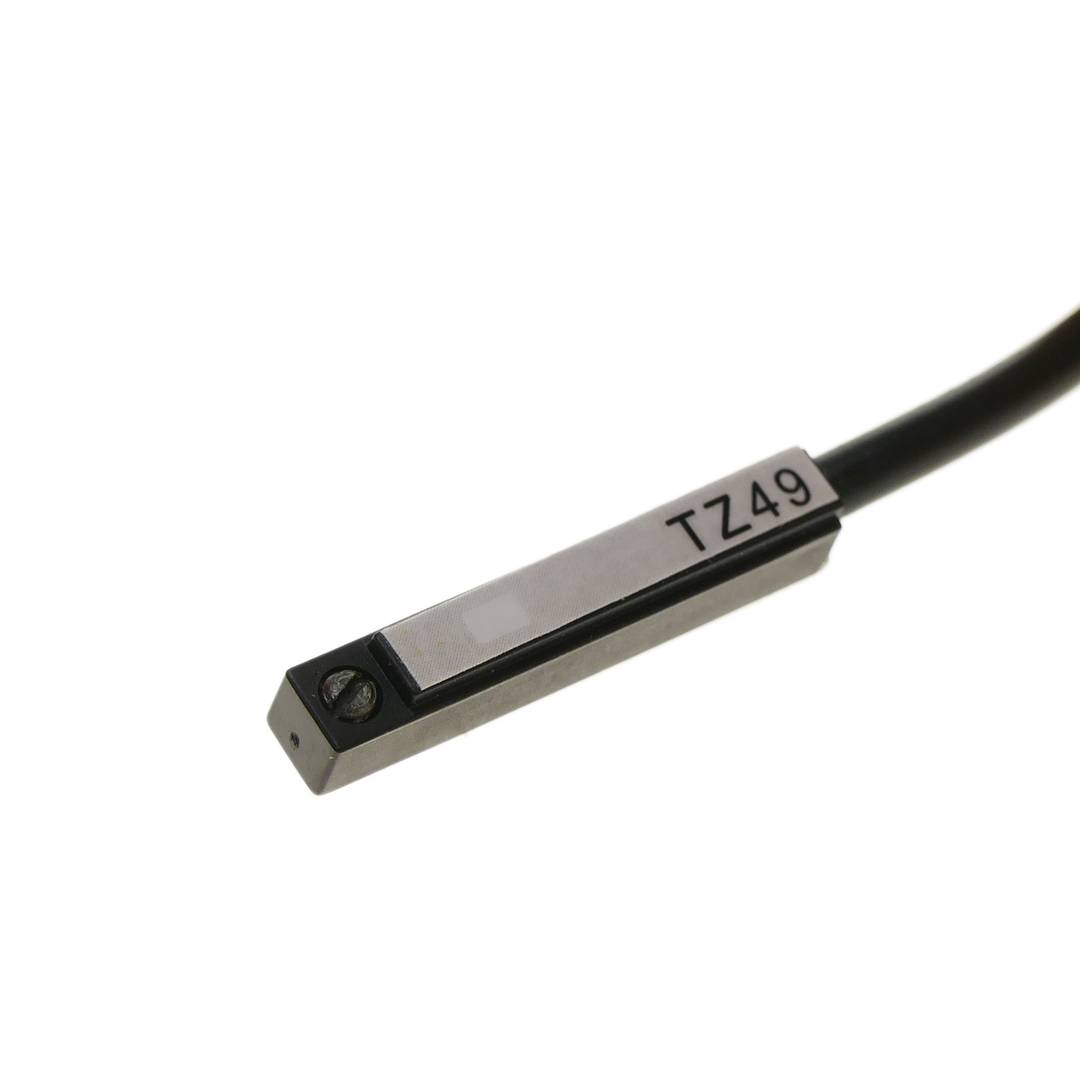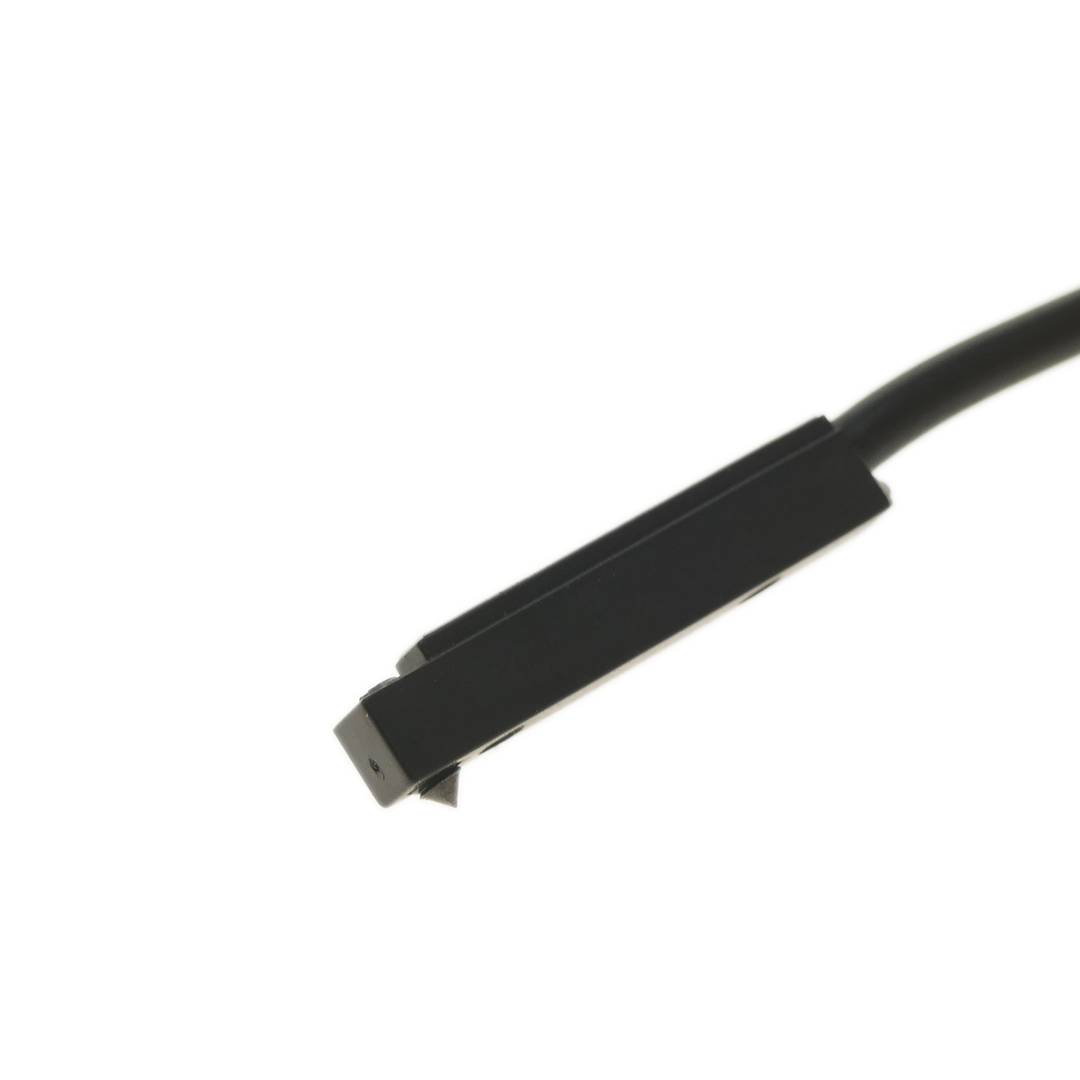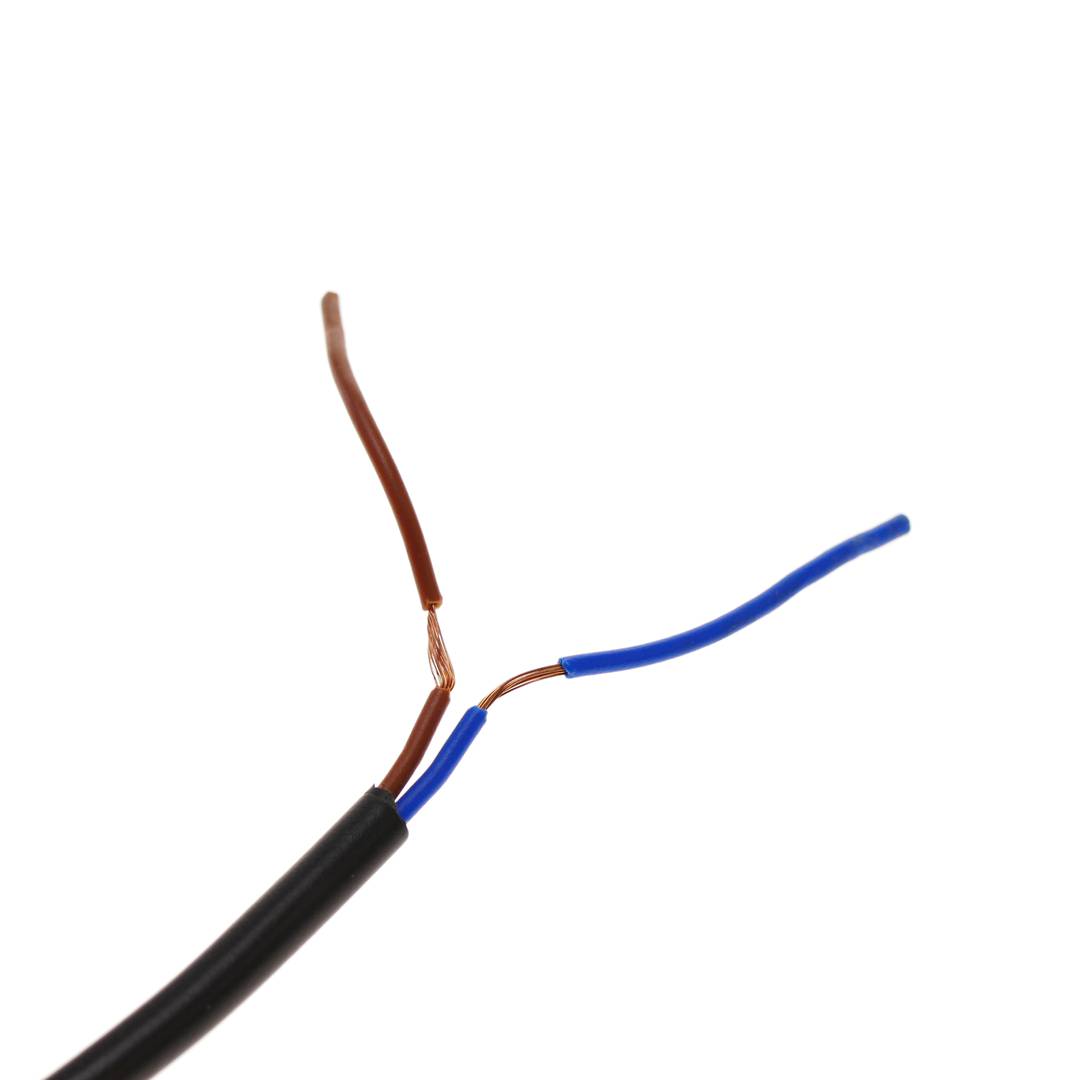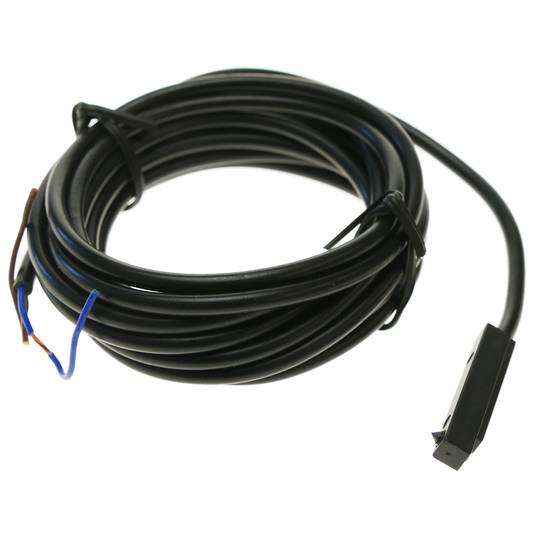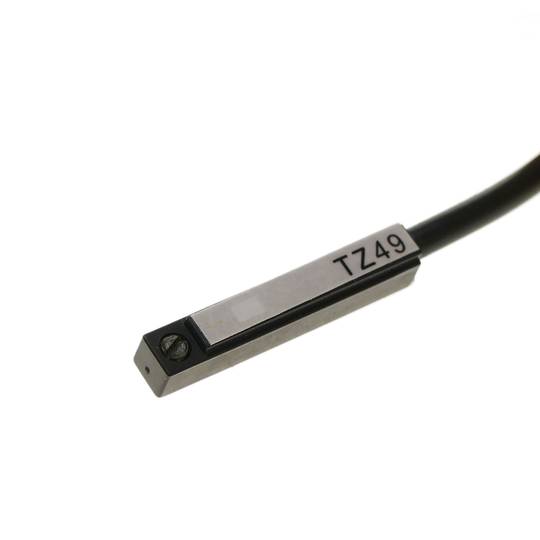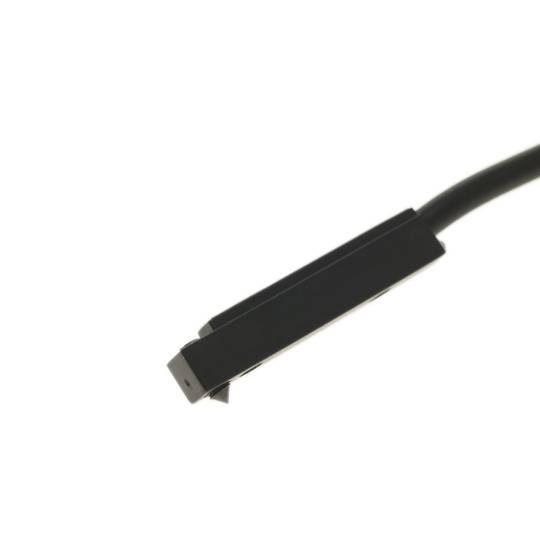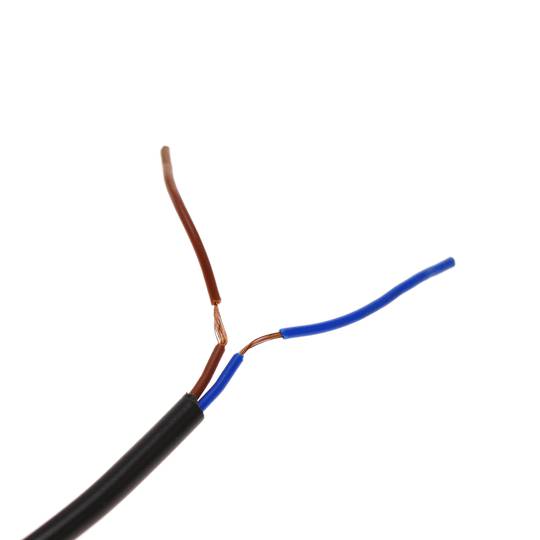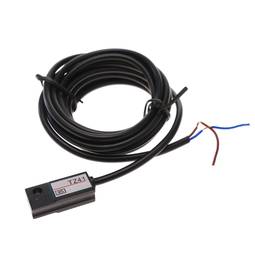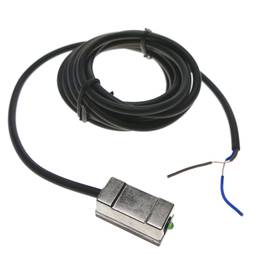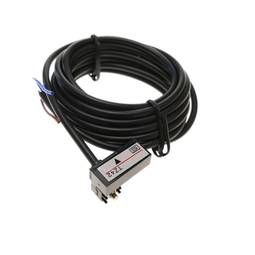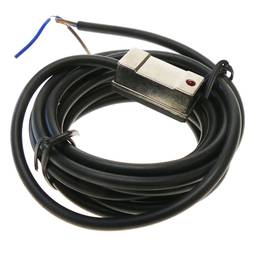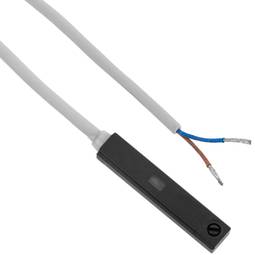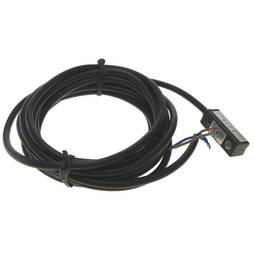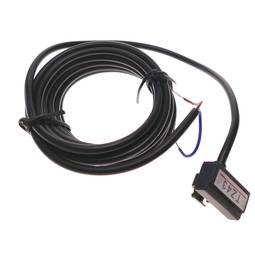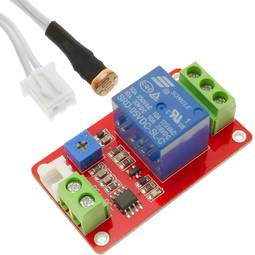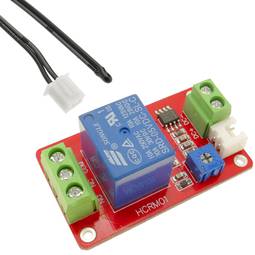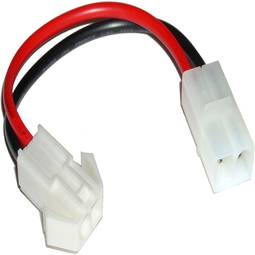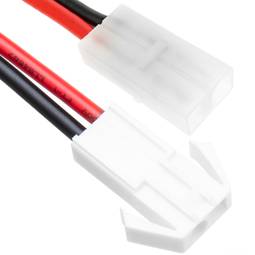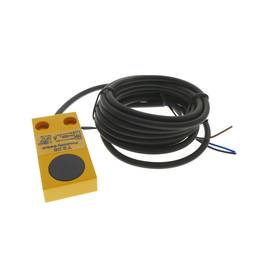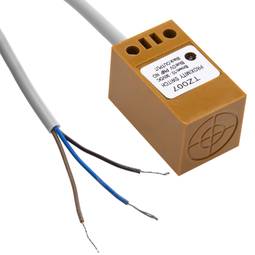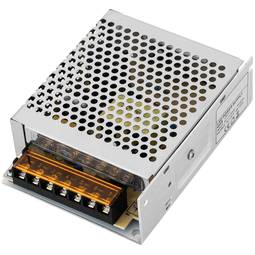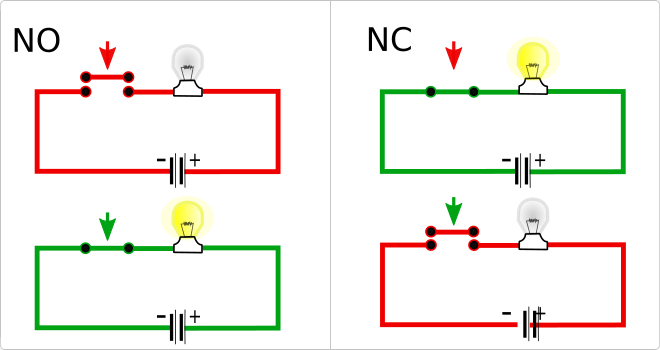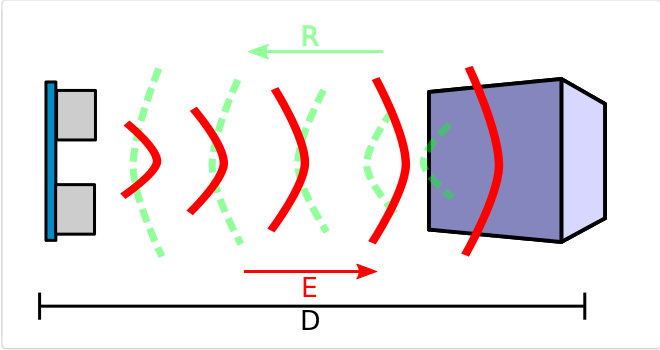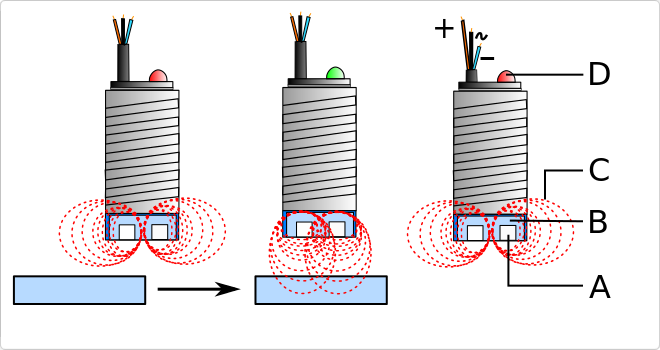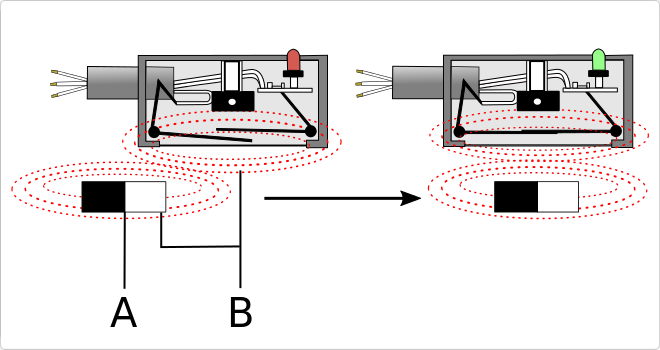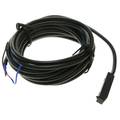12/21/2025 5:05 a.m.
https://cablematic.com/en/products/approach-proximity-sensor-inductive-magnetic-5-50-v-acdc-no-28x5x4mm-TZ049/
https://cablematic.com/en/products/approach-proximity-sensor-inductive-magnetic-5-50-v-acdc-no-28x5x4mm-TZ049/
Approach proximity sensor inductive magnetic 5-50 V AC/DC NO 28x5x4mm
REF: TZ049
Specifications
- Inductive proximity sensor. InterrupInductive proximity
- Output type NO (normally open).
- Sensor size 28 x 5 x 4 mm.
- Operating voltage: 5-50 VAC/VDC.
- It has cable finished in 2 threads (blue and brown).
![play_button]() Watch video
Watch video
More info
PVP
€10.99
Price including VAT:
€10.99
PVD
€9.42
PVP: Retail price.
Check conditions.
PVP: Sale price to distributors.
Check conditions.
Immediate delivery
The delivery times are approximate and may vary depending on the selected carrier.
warranty
returns
safe
Specifications
- Inductive proximity sensor. InterrupInductive proximity
- Output type NO (normally open).
- Sensor size 28 x 5 x 4 mm.
- Operating voltage: 5-50 VAC/VDC.
- It has cable finished in 2 threads (blue and brown).
Keywords
Did not find what you were looking for? These topic could help you
More info
A proximity sensor is a transducer that detects objects or signals that are near the sensor element. The inductive proximity sensors have been designed to work generating a magnetic field and detecting the current losses of said field generated when ferrous and non-ferrous detection objects are introduced into it.
Specifications
- Inductive proximity sensor. InterrupInductive proximity
- Output type NO (normally open).
- Sensor size 28 x 5 x 4 mm.
- Operating voltage: 5-50 VAC/VDC.
- It has cable finished in 2 threads (blue and brown).
- Gross Weight: 60 g
- Number of packages: 1
- Packages size: 11.0 x 8.2 x 5.6 cm
Technical terms
- VDC
- Differences between NO and NC
- Types of proximity sensors
- Inductive Proximity Sounds
- Magnetic Proximity Sounds
- VAC
VDC
VDC would be the abbreviation for Volt Direct Current which translated would volts direct current. The idea of ??this type is unidirectional current to the load. Direct current is normally produced by batteries, thermocouples, solar cells and a dynamo electric machine type. The direct current can flow in conductors such as wires, but may also flow through semiconductors, insulators ... In the image: 1 - current per pulse 2 - Direct Current (DC) 3 - Alternating Current (AC) 4 - Variable Current



